Rwanda: A Nation Resurgent in the Heart of Africa
Related Articles: Rwanda: A Nation Resurgent in the Heart of Africa
Introduction
In this auspicious occasion, we are delighted to delve into the intriguing topic related to Rwanda: A Nation Resurgent in the Heart of Africa. Let’s weave interesting information and offer fresh perspectives to the readers.
Table of Content
Rwanda: A Nation Resurgent in the Heart of Africa
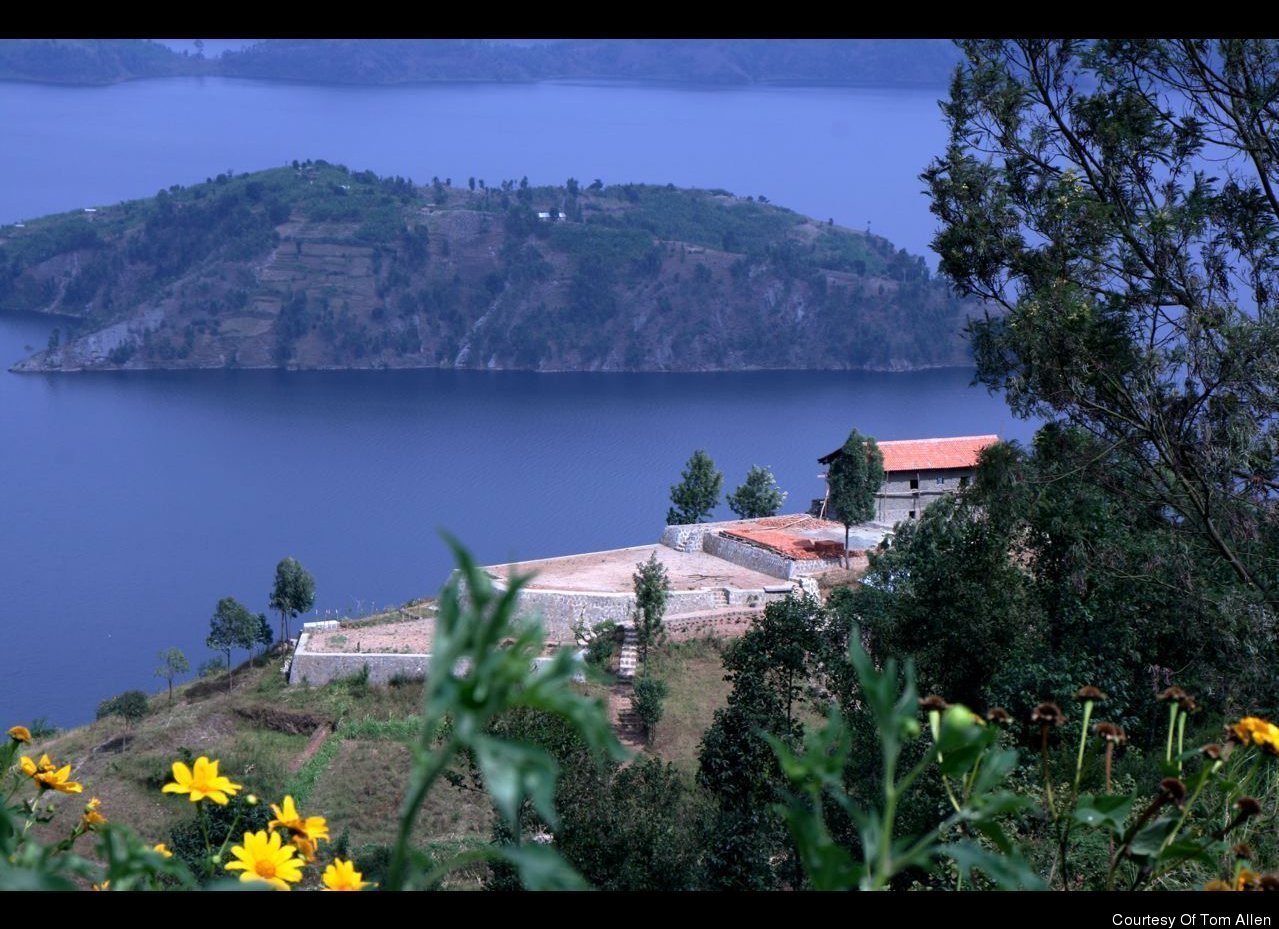
Nestled in the heart of East Africa, Rwanda is a landlocked nation brimming with natural beauty and a resilient spirit. Its geographical location, nestled between the expansive savannas of Tanzania and the vibrant urban centers of Uganda and Burundi, has played a significant role in shaping its history, culture, and contemporary challenges. Understanding Rwanda’s position on the world map is crucial to grasping the complexities of this remarkable nation.
Geographical Context:
Rwanda’s location is a defining factor in its landscape and climate. Situated in the Great Lakes region, it is characterized by rolling hills, fertile valleys, and dense forests. The country is dominated by the Albertine Rift, a geological fault line that stretches across the African continent, creating a unique ecological diversity. Rwanda’s elevation, ranging from 950 to 4,509 meters above sea level, results in a temperate climate with distinct wet and dry seasons.
A Nation Shaped by History:
Rwanda’s history is marked by both periods of prosperity and adversity. The pre-colonial era saw the emergence of powerful kingdoms, with the Rwandan monarchy playing a significant role in shaping social structures and cultural traditions. However, the arrival of European powers in the late 19th century brought with it a colonial legacy that deeply impacted Rwanda’s social fabric.
The Belgian colonial administration, particularly during the 1930s, implemented a policy of racial segregation based on ethnicity. This policy, known as the "divide and rule" strategy, exacerbated existing tensions between the Hutu and Tutsi ethnic groups, leading to a legacy of conflict that would culminate in the tragic Rwandan genocide of 1994.
The Rwandan Genocide and the Path to Reconciliation:
The Rwandan genocide, a horrific event that claimed the lives of an estimated 800,000 people in just 100 days, remains a stark reminder of the devastating consequences of ethnic hatred and political manipulation. The genocide, triggered by the assassination of President Juvénal Habyarimana, exposed the fragility of peace and the urgent need for reconciliation.
In the aftermath of the genocide, Rwanda embarked on a remarkable journey of healing and rebuilding. Under the leadership of President Paul Kagame, the country implemented a series of reforms aimed at promoting national unity, economic development, and social justice. These efforts have yielded significant progress in areas such as infrastructure, education, and healthcare.
Rwanda Today: A Nation in Transition:
Despite the progress made in the years since the genocide, Rwanda still faces challenges. The legacy of ethnic tensions continues to linger, and the country remains vulnerable to external pressures. However, Rwanda has emerged as a beacon of hope for its commitment to reconciliation, economic growth, and regional stability.
Economic Development and Sustainability:
Rwanda’s economic development strategy focuses on promoting sustainable growth through investment in agriculture, tourism, and technology. The country has made significant strides in reducing poverty and improving living standards, earning recognition as a model of development in the region.
Tourism and Conservation:
Rwanda’s stunning natural beauty, including the iconic mountain gorillas in Volcanoes National Park, has made it a popular tourist destination. The country’s commitment to conservation has helped protect its unique biodiversity, making it a leader in ecotourism and sustainable development.
International Relations and Regional Cooperation:
Rwanda plays an active role in regional and international affairs. It is a member of the East African Community (EAC), a regional bloc promoting economic integration and cooperation. Rwanda also participates in peacekeeping missions around the world, demonstrating its commitment to international peace and security.
FAQs about Rwanda:
1. What is the capital of Rwanda?
The capital of Rwanda is Kigali.
2. What is the official language of Rwanda?
The official language of Rwanda is Kinyarwanda, although English and French are also widely spoken.
3. What is the currency of Rwanda?
The currency of Rwanda is the Rwandan franc (RWF).
4. What is the population of Rwanda?
The population of Rwanda is estimated to be around 13 million people.
5. What are the main religions in Rwanda?
The majority of Rwandans are Christians, followed by Muslims and traditional animistic beliefs.
Tips for Visiting Rwanda:
- Obtain a visa: Visitors from most countries require a visa to enter Rwanda.
- Learn some basic Kinyarwanda: While English is widely spoken, learning a few basic phrases in Kinyarwanda can enhance your interactions with locals.
- Respect Rwandan culture: Rwandans are known for their hospitality and politeness. It is essential to dress modestly and avoid public displays of affection.
- Visit Volcanoes National Park: This park is home to the endangered mountain gorillas, offering a unique and unforgettable experience.
- Explore Kigali: The capital city is a vibrant hub with a rich history and cultural attractions.
Conclusion:
Rwanda’s journey from tragedy to resilience is a testament to the power of human spirit. Its position on the world map reflects its strategic importance in the Great Lakes region and its role as a nation in transition. By embracing its history, promoting reconciliation, and fostering sustainable development, Rwanda continues to inspire hope for a brighter future, both for its people and for the wider African continent.
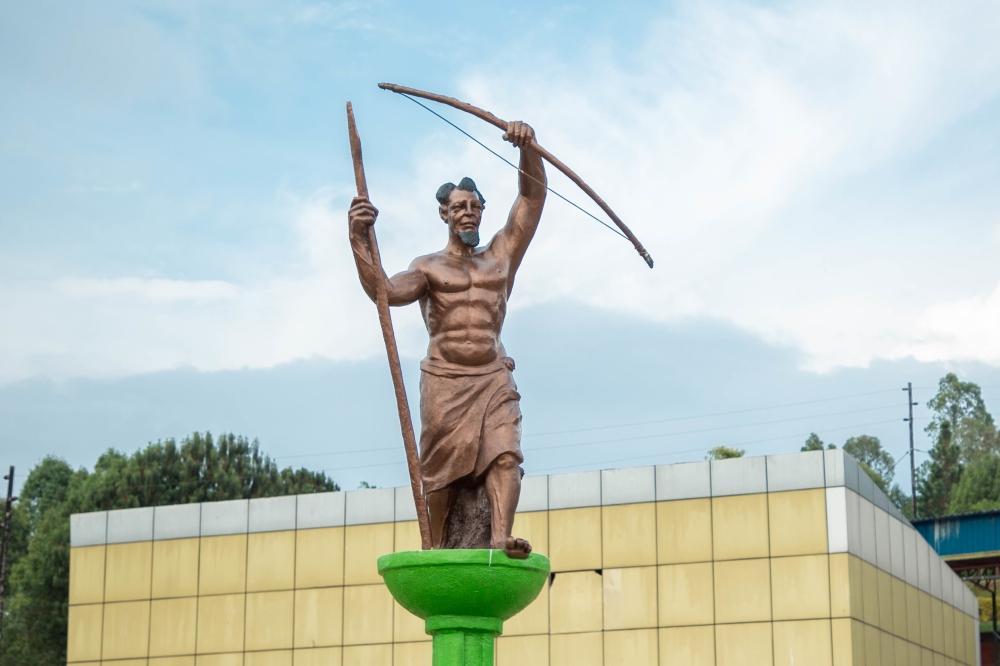
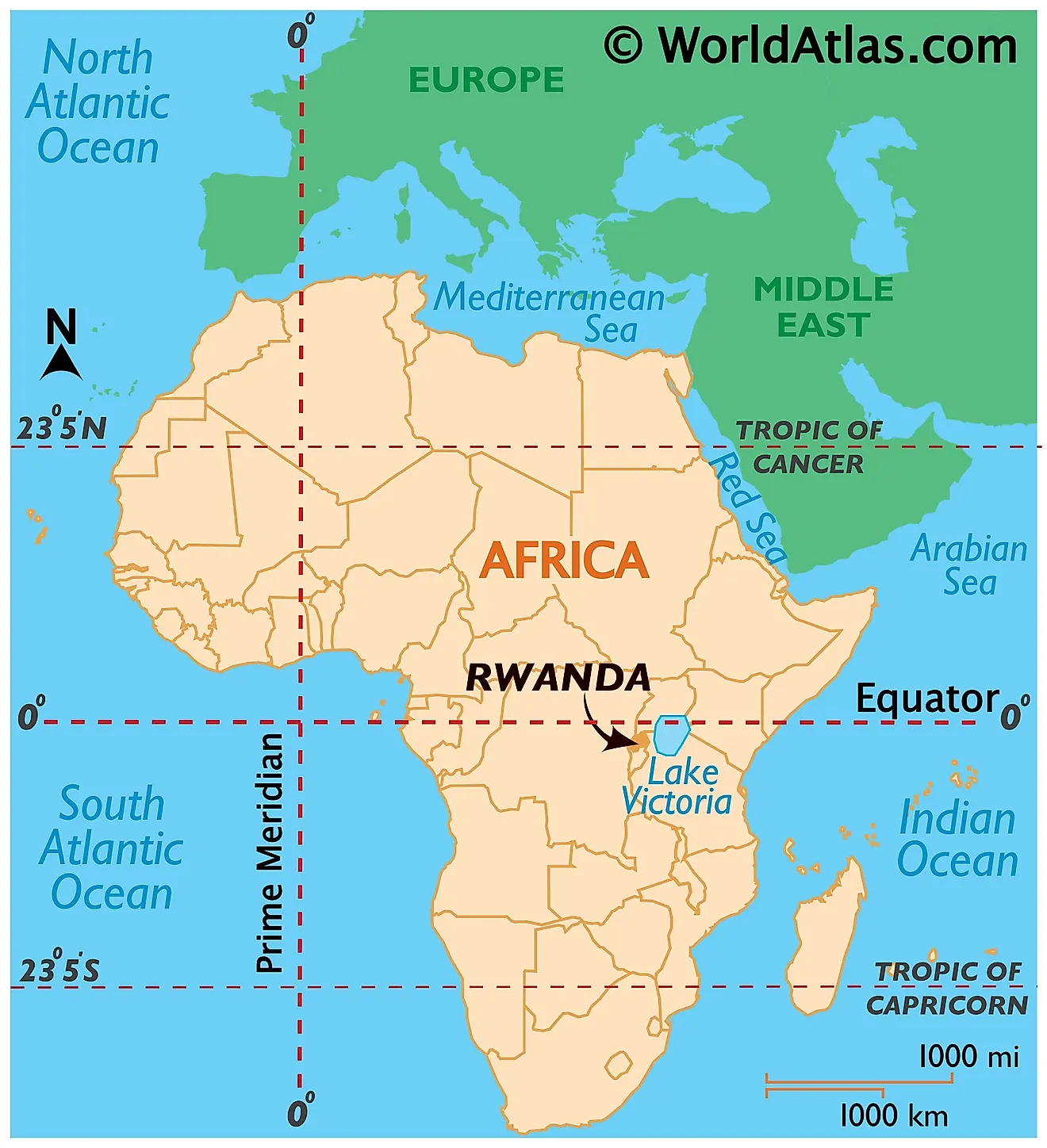
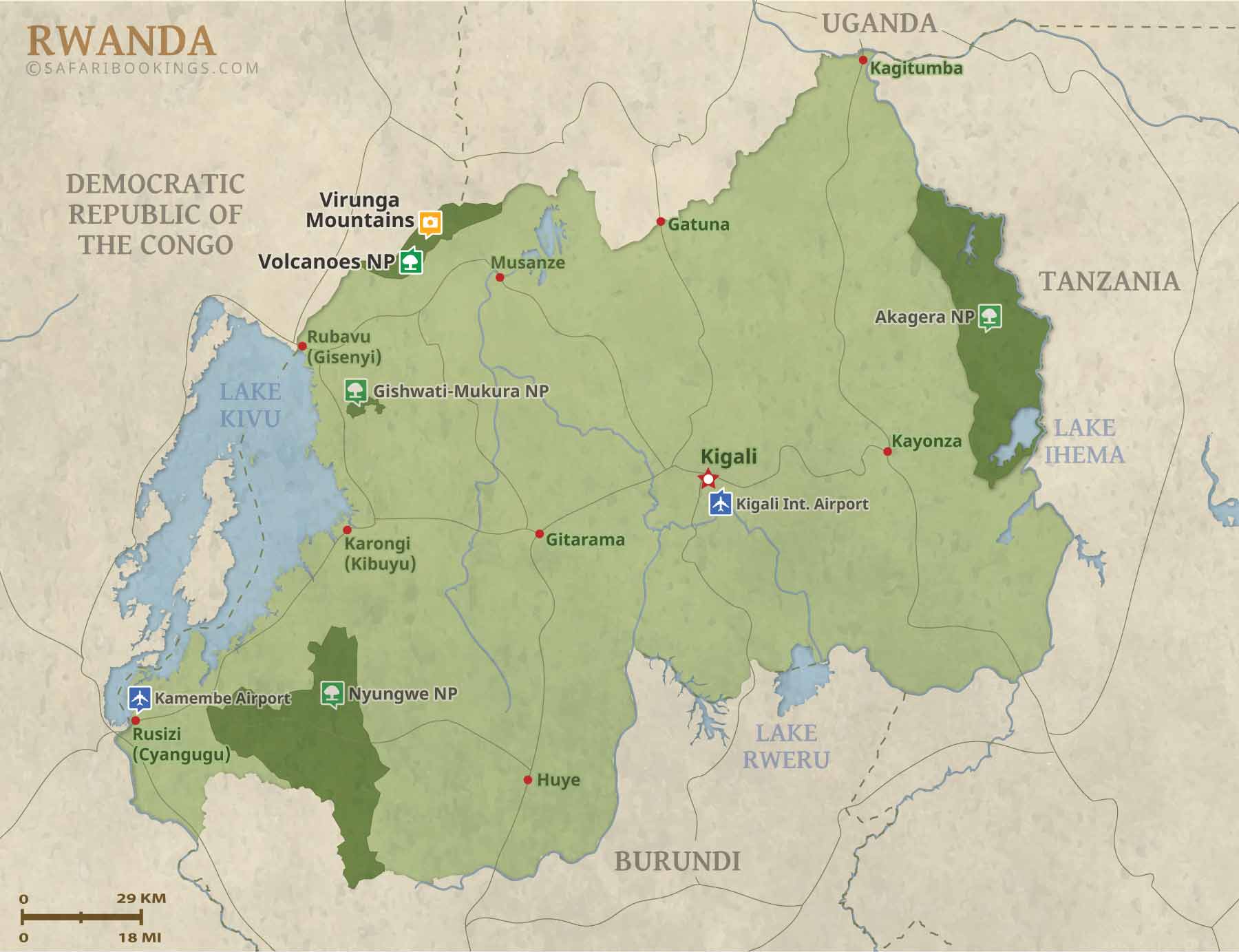
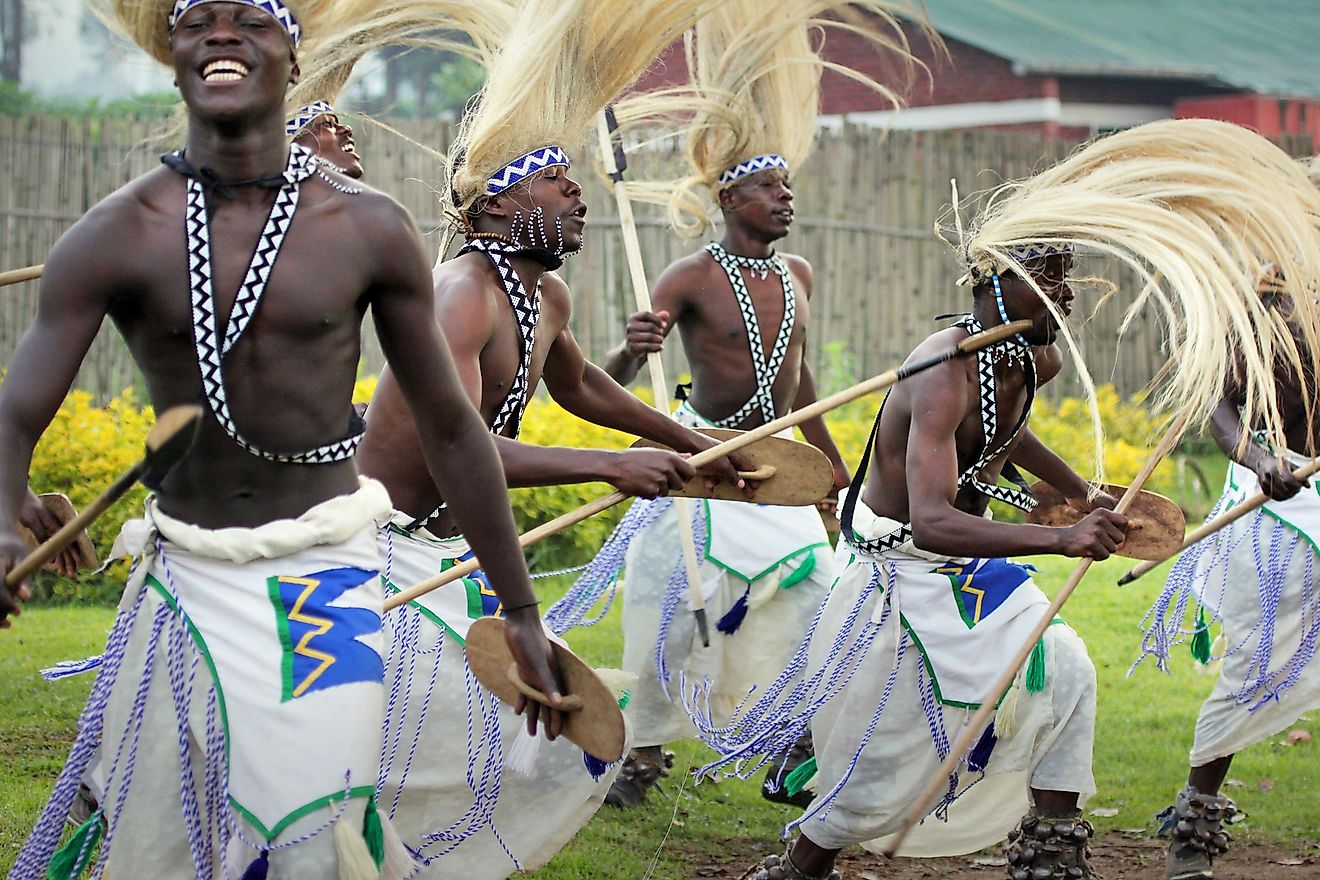

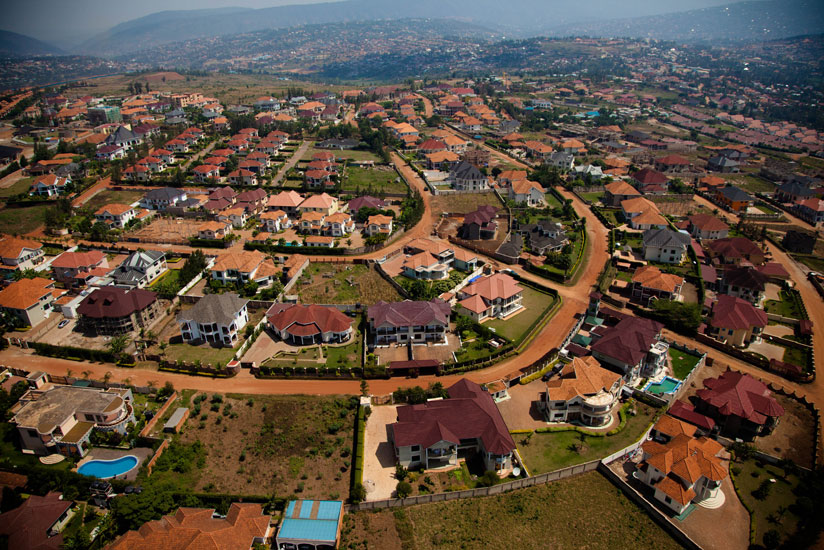


Closure
Thus, we hope this article has provided valuable insights into Rwanda: A Nation Resurgent in the Heart of Africa. We hope you find this article informative and beneficial. See you in our next article!